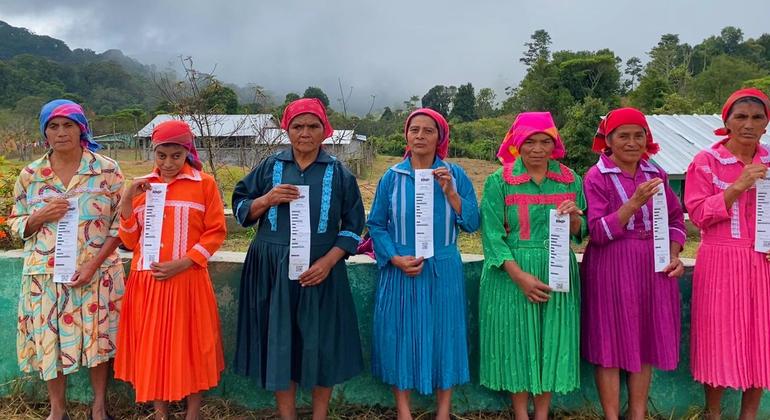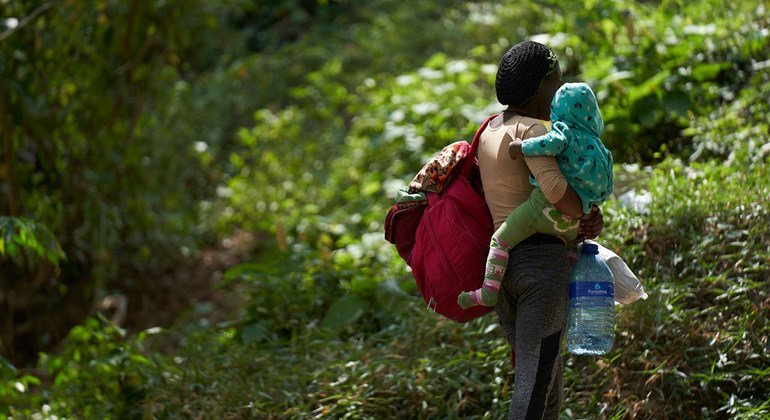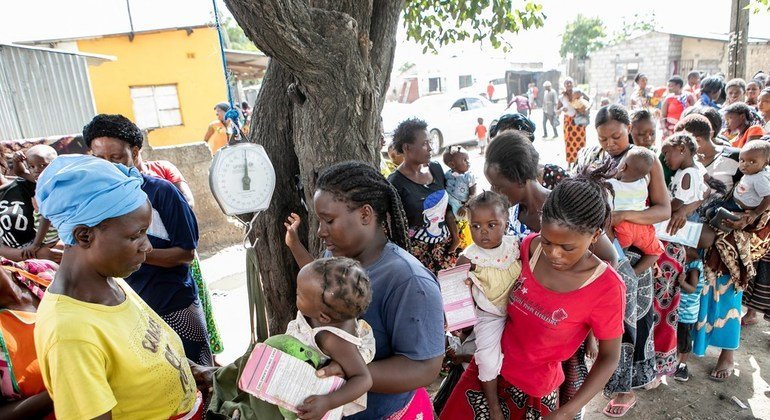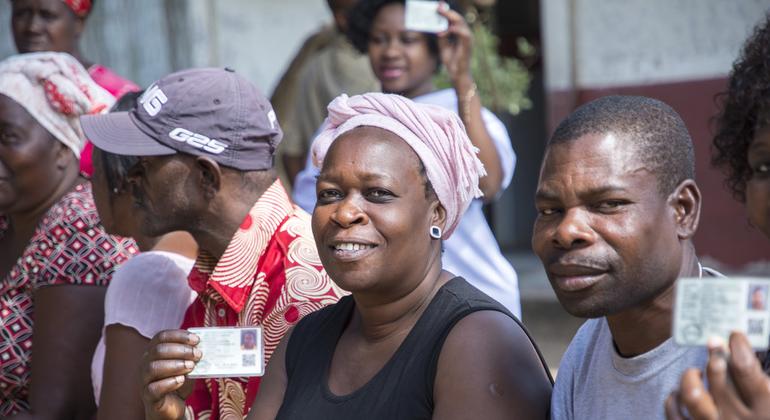Percy Santos, a visually impaired university student in Honduras, recently received his digital ID credit card from the government. “The new ID is designed perfectly for individuals like me. This is a personal fulfilment. I feel better identified, ” he says. Mozambique, which has lower levels of civil registration – 12. 1 per cent of deaths and 49 % of births are signed up – is one of the United Nations Lawful Identity Agenda pilot nations.

Thanks to these efforts, Sierra Leone now has a digital record of six mil people who were previously unrecorded. “In addition to provision of lawful identity from birth in order to death and its contribution towards the maintenance of internal security, the integrated national registration system shall provide reliable plus timely vital statistics intended for planning purposes and targeted provision of social services to eligible population organizations, ” remarks Jacob Jack port Mwiimbu, Minister of Home Affairs and Internal Security of Zambia. The chances of succeeding in life without a legal identity are very low. It’s a lot harder to get a job within the formal economy, and the likelihood of benefitting from social safety or basic health care techniques during pandemics like COVID-19 , or during times of conflict or weather emergencies, will be negligible. Absence of legal identity is likely to effect insurance, pension, or even simple utility services like water, telephone, and gas link.

Sierra Leone: identifying those displaced by conflict
The Honduras project is just one example of the ways in which the particular UN is helping countries in their attempts to establish nationwide population registers, national IDENTIFICATION schemes, or digital ID programs. As a result, Zambia has seen an increased enrollment of birth from fourteen. 3 percent to 84 percent as of 2022. The UN has been a crucial partner in making registration more accessible in Zambia, helping the federal government to install an integrated and digital national registration system that covers Zambians from birth to death, in different parts of the country. The same legal identification works to vaccinate, as well as start children in school. As well as making life simpler for people like Mr. Santos, the new system has also assisted the Honduran authorities to create a more robust electoral database, improving the voting system considerably in the 2021 elections, and helping to reduce distrust in the electoral system.

Zambia: Major increase in registered births
As part of the project to improve the particular registration and national identification database, the UN country team developed a plan to enhance these figures, and create techniques for civil registration, crucial statistics, and identity management. This means that they can get a driver’s licence, make an application for formal employment and, most significantly, have a legal identity. For your government, it means keeping track of income generated from taxes, decreased corruption, proper checks and balances, and increased safety. Mr. Santos is one of the 5. 4 million people enrolled in the newest population database in Honduras, set up with help from your UN Legal Identity project in the country, which has a special focus on Indigenous peoples, LGBTQI+, minorities and persons with afflictions. Thanks to the digital card, he or she now has easy access to social benefits.

Mozambique: A ‘ground-breaking initiative’
The project has been praised by the most senior UN official in Mozambique, Myrta Kaulard. “The Legal Identification Agenda is a ground-breaking effort, to benefit from migration plus guarantee the rights if you are in the country, ” says Microsoft. Kaulard. Rochan Kadariya/UNDP In Sierra Leone, years of armed discord, and the widespread human rights abuses associated with it, led to significant levels of internal displacement, and statelessness.